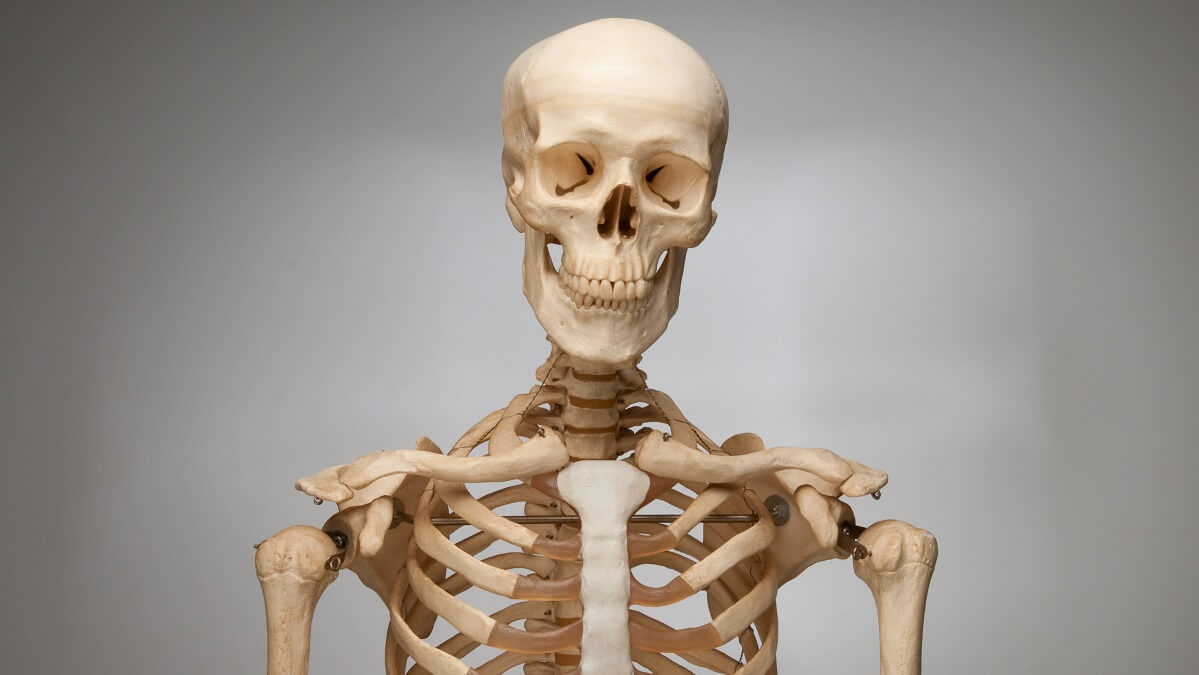Strong bones are an important component for a healthy life, especially as you grow older.
Osteoporosis (weakening of the bones) is a real danger for those aged over 50. In the US, 20 per cent of women and 4 per cent of men suffer from the disease.
In Australia, the figures are even more frightening, with an estimated 23 per cent of women and 6 per cent of men living with the disease. That means nearly one in four women you know over 50 likely has osteoporosis.
Science has been trying to lower those percentages, and for a long time it was thought that high levels of vitamin D played an important role in staving off the condition.
But the latest data throws a cloud over that belief.
Read: How to manage knee osteoarthritis
Vitamin D is important because it enables the absorption of calcium, one of the two key components of bones, with the other being collagen. Whole collagen provides bones with flexibility, the calcium gives them strength.
The remarkable thing about our bones is that they are constantly regenerating throughout our lives. Every cell you had in your bones a decade ago will have been replaced by now, and your current cells will have been replaced in another 10 years.
(As an aside, the 2014 six-part BBC documentary series Secrets of Bones is a fascinating insight into the evolution and workings of bones. I highly recommend it.)
With this regeneration being an ongoing process, calcium absorption remains important throughout our lives, hence the importance of vitamin D.
Read: Are stem cells the magic bullet for osteoarthritis?
But here’s the kicker – the latest study indicates that for most of us, the vitamin D we get via incidental sun exposure and the food we eat is more than enough to enable calcium absorption.
What we should be focusing on, these findings suggest, is getting enough of the calcium itself into us. The truth is that most of us who follow a Western diet don’t get anywhere near enough calcium.
Current science recommends children aged nine to 18 get 1300mg of calcium per day and those aged 19 to 50 get 1000mg per day.
From 50 onwards, women should increase their daily intake to 1200mg, and men should do the same from the age of 70.
If you are taking vitamin D supplements, the newest findings do not necessarily suggest you should stop taking them.
Endocrinologist Meryl LeBoff of Brigham and Women’s Hospital in Boston, who led the new study, says those who already have osteoporosis and/or take medications for it would be wise to remain on extra vitamin D and calcium.
Read: Could you benefit from seeing an osteopath?
But for healthy individuals without bone density loss, any vitamin D supplements being taken are unlikely to be providing much benefit. Ensuring you get your recommended calcium intake is a better strategy for long-term bone health.
And if you like your morning coffee, there is more good news. A separate study suggests that while too much coffee (six or more a day) could cause calcium to be lost in urine, one or two cups actually appears to have a beneficial effect.
Add a bit of milk and you’ll be on your way to getting your recommended calcium intake and healthy bones for life!
Have you been diagnosed with osteoporosis? What treatment has your doctor recommended? Why not share your thoughts in the comments section below?

